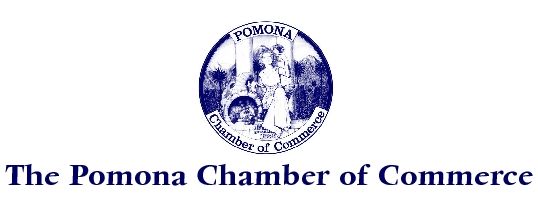Q&A
with George Runner
1.
What is the California State Board of
Equalization?
California is unique in that it is the
only state with a directly elected tax board.
Established in 1879 by a
constitutional amendment, the Board of Equalization was initially charged with
ensuring that county property tax assessment practices were equal and uniform
throughout the state.
Today the Board also implements tax
laws and administers more than 30 tax and fee programs, including sales and use
tax.
Finally, the Board hears taxpayers’
appeals, including those relating to corporate and personal income taxes.
2.
How do you view your role as an elected tax
official?
I see my role as a taxpayer advocate
for the constituents I represent. My district is very large; it stretches from
the Oregon border all the way to Los Angeles and includes much of the desert
and mountain areas of inland California.
Each and every day my staff and I help
taxpayers navigate bureaucracy that at times seem intimidating. Our goal is to
ensure that taxpayers are treated fairly. We want them to pay the right amount
of tax owed—not too little, but also not too much.
The best and way and most
cost-effective way to do this is through voluntary compliance. Most taxpayers
want to do the right thing, but sometimes they need our help to understand
their obligations or to get through a difficult time.
Unfortunately, and as California
businesses owners know all too well, it’s difficult to do business in our
state. To be successful, businesses must navigate many complicated tax laws and
regulations. Even the smallest mistake or oversight can result in significant
penalties.
We don’t want taxpayers getting caught
up in tax traps. We want them to be successful, and we’re here to help.
3.
What are some practical ways you’re able to
help taxpayers?
There
are a number of ways my office can ensure taxpayers are treated fairly and
reasonably. These include engaging with staff, assisting with legal opinions,
reviewing audit findings, expediting refunds, returning security deposits and reversing
unfair penalties.
We
also offer free personal tax consultations to those starting or operating a business
in California to help them avoid tax problems in the future. It’s not always
easy to determine which items in a store should be taxed and which are exempt.
We want new businesses to get on the correct path from the beginning, and we’re
also available to help all businesses who have questions.
To
provide the best possible service, I have on my staff BOE’s former supervisor
of the Computer Audit Specialist Program and a former manager from the Board’s Tax
Policy Division. Their expertise
enables me to engage staff and address taxpayer concerns with respect to
fairness and equity in audits, collections and many other matters.
In
one instance staff had penalized a company in my district nearly $1 million for
failure to pay about $8000 in taxes. I pressed staff to review this case. A
close review of the underlying statute revealed that staff had misapplied the
penalty formula. I met with our Chief Counsel, and we were able to reduce the
penalty of almost $1 million dollars down to a more reasonable $2,000. As a
result of our assistance, this company stayed in business, and its employees
kept their jobs.
4.
What “tax traps” do taxpayers fall into most
often? What, if anything, can be done to help taxpayers avoid these common
mistakes?
Many cases that come before the Board
involve disputes that taxpayers might have avoided if only they had known
certain important facts sooner.
For instance, sometimes taxpayers fail
to keep adequate business records. In these cases, BOE auditors may use
industry norms to estimate a tax liability. When a business owner doesn’t
retain adequate records, it is difficult to challenge staff estimates, even
when they seem too high.
Sometimes business owners unknowingly
inherit a large tax liability when they buy a business, because they don’t know
that they ought to request a tax clearance from BOE prior to finalizing the sale.
It’s often unfair, but under current state law these new owners can unwittingly
get stuck with what’s called “successor liability.”
Another tax trap is that corporate
officers can be personally liable for their company's outstanding tax
liabilities. These “dual
determinations” can be issued to former employees even after a company goes out
of business.
Last but not least, the under
collection of sales tax can be a major problem for retailers because it may be
years before the oversight comes to an auditor’s attention. The resulting tax
liability, penalties and interest can be very large—and a business may have to
absorb the full cost on its own.
The best way to avoid this tax trap is
to request advice from BOE in writing (see www.boe.ca.gov/info/email.html) whenever
there is any doubt about whether an item is taxable. Be sure to keep the
written advice for your own protection.
Regardless
of whether your business is large or small, please know you are more than
welcome to contact my office at 916-445-2181 or 661-723-8469 whenever you need
assistance.
George
Runner represents more than nine million Californians as a taxpayer advocate
and elected member of the State Board of Equalization. For more information,
visit boe.ca.gov/Runner.

No comments:
Post a Comment